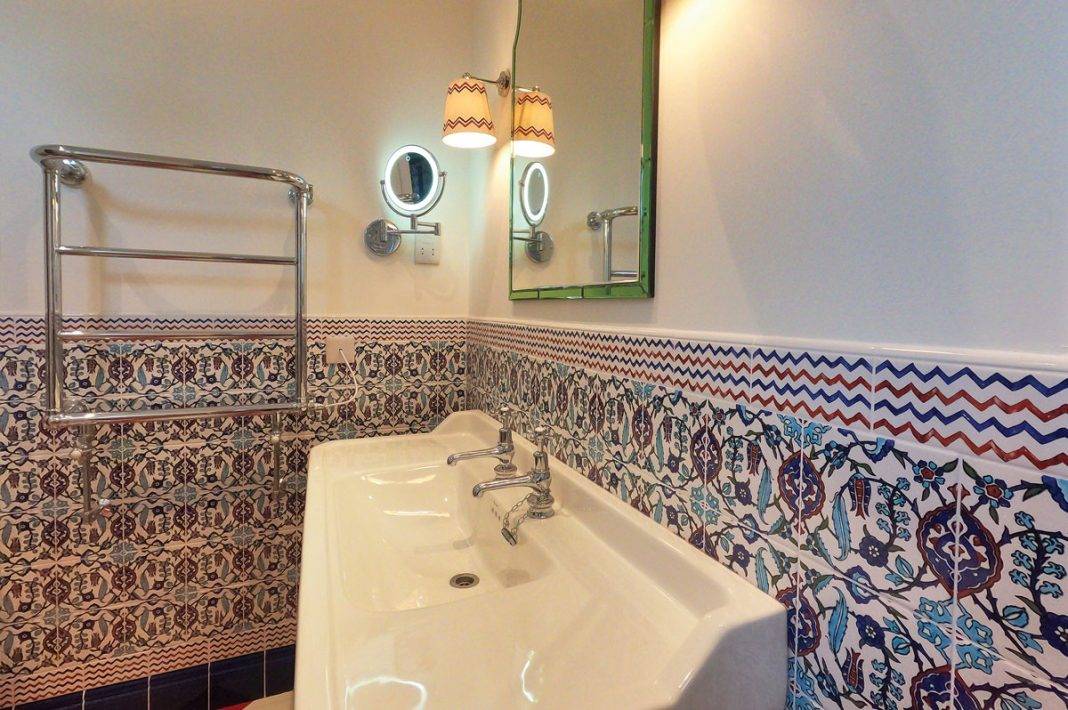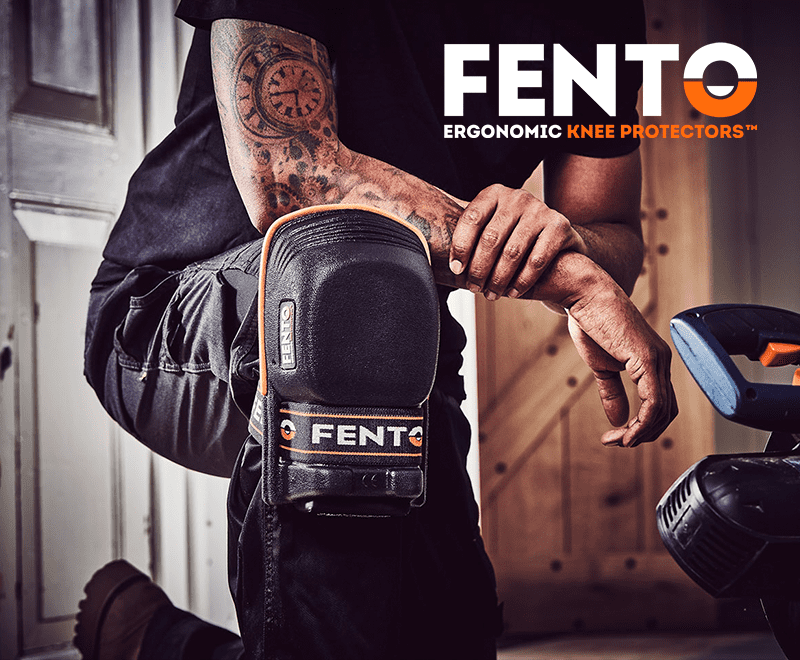B&B owner Susanna Posnett opened her doors this spring and with a vision for her new commercial property. She wanted to bring stunning, statement, timeless interiors to life throughout her beautiful farmhouse which she’s upgraded to a guest house.
Susanna enlisted the help of Digital Ceramics Custom Tiles (DCCT) to replicate Delft and Iznik tiles for two WCs in the Tiresford B&B, Tarporley, Cheshire.
The main downstairs bathroom design was inspired by Packwood House in Warwickshire. Susanna wanted to use replicas of the stunning Delft tiles which surround an existing fireplace in the living room of the property to bring this interior vision to life. DCCT MD, Mark Wood was able to help her achieve this, creating an ombre effect from floor to ceiling. The more detailed tiles were installed lower down and the simpler tiles completed the top of the floor to ceiling design. The entire design comprised of numerous designs which were the replicated multiple times.
The second WC is on the first floor and uses replica Iznik tiles, as Susanna loved the Turkish 16th century tile design. This was harder to achieve as there were no existing tiles to base this on. Susanna was able to find one tile online and Mark’s team then recreated a pattern based on this single tile.
The interior design of this bathroom was inspired by the smoking room from the famous Wallace Collection in London.
The Iznik tiles are a purer colour and are a repeating tile pattern, so DCCT used a screen-printing method to achieve the depth of colour and continuous design needed. It was an incredibly intricate task, which paid off when the tiles were printed and delivered to Susanna for installation.
The downstairs WC using the Delft tiles were digitally printed. This design was well suited to a digital printing technique as it was important to replicate the ‘aged’ look and each tile could be completely unique. There were multiple designs which were then printed numerous times. However, by using a digital printing method, DCCT was able to give each printed tile an ever so slight tweak, giving an authentic result.
The biggest challenge with the Delft project came when replicating the design. The existing tiles which the design was based on were on the Farmhouse’s fireplace surround and were very old and damaged. They were photographed and then each tile had to be Photoshopped at the re-production stage.
The Iznik tiles came with their own set of challenges. They suited screen printing more due to the vibrancy of the colour which needed to be achieved. As the team had such a small example of the zigzag style pattern Susanna was looking for, and it was badly damaged, they had to re-touch it, replicate it and mirror it to achieve a set of tiles that all fit together.
As multiples of the one tile needed creating, it wouldn’t have worked had the team just replicated the repeating pattern. It had to be flipped and mirrored to ensure the tiles all sat beautifully together. This was a new challenge to Digital Ceramics Custom Tiles’ team which they quickly found the solution to. They used a mirror to check the tiles were all uniform and that the technique worked.
The project in total, which consisted of 1,749 tiles, was a complete success and Susanna is incredibly happy with the end result of her two commercial bathrooms. By working with DCCT (formerly known as the Surface Design Studio), she was able to use timeless tile designs at the fraction of the cost of purchasing new Iznik and Delft tiles.
www.dccustomtiles.com








